Indian American leaders decry Hindu temple desecrations
Community advocates said that law enforcement indifference and legislative efforts targeting the diaspora are leaving temples vulnerable.
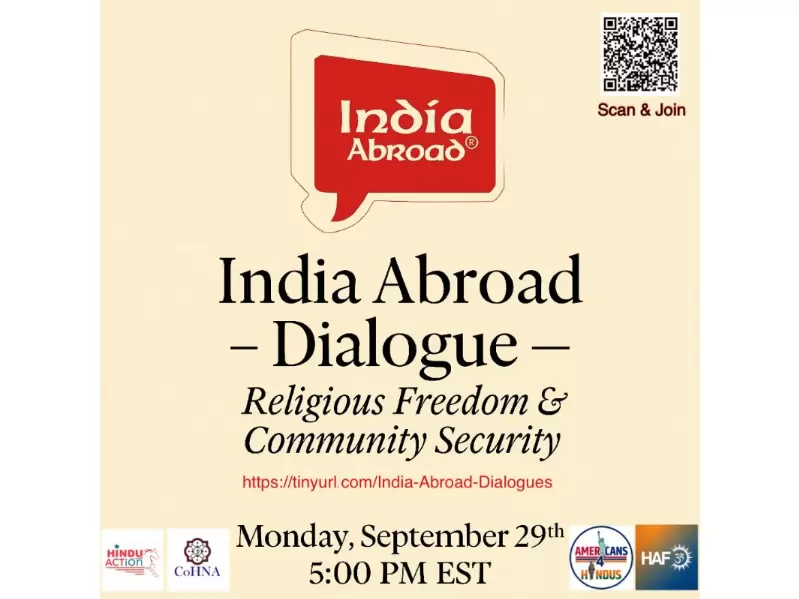 Poster of the event. / Lalit K Jha
Poster of the event. / Lalit K Jha
Indian American leaders are warning of rising threats to Hindu temples across the United States and urging authorities to treat vandalism and desecration as serious hate crimes.
Community advocates, during an India Abroad Dialogue on "Religious Freedom and Community Security," said law enforcement indifference and legislative efforts targeting the diaspora are leaving temples vulnerable at a time of rising anti-Hindu sentiment online and in politics.
Pushpita Prasad of the Coalition of Hindus of North America said repeated incidents since late 2023 have rattled communities in Queens, Sacramento, Chino Hills, Utah and Indiana.
"There have been seven to eight physical desecrations of Hindu temples across the country starting in December 2023, and not a single person has been charged," Prasad said. "Unfortunately, our law enforcement and our lawmakers want to shrug and move on. It's our job to make sure they should not be able to shrug and move on."
ALSO READ: Our voices matter: Indian Americans demand action on Dallas killing
Samir Kalra, managing director of the Hindu American Foundation, said attempts to downplay vandalism as a form of political protest have confused investigators. "Most of the graffiti and vandalism incidents have included slogans in support of Khalistan. Proponents of that movement tell law enforcement these are just political incidents," Kalra said. "The reality is any attack that targets a religious place of worship is inherently anti-Hindu in nature."
Kalra also warned that new measures, including caste-protection and transnational-repression bills, could unfairly profile Indian Americans. "We will be racially profiled, we will be looked at as suspects, and law enforcement will not take those incidents at our temples as seriously," he said.
Utsav Chakrabarti of HinduPACT urged stronger congressional backing for House Resolution 69, which condemns anti-Hindu hate crimes and has 25 co-sponsors. "If we can get it to 250 co-sponsors, that's when we get narrative parity," he said. "That's how the Jews, Christians and others bring parity to their issues."
Vallabha Tantry of the Hindu Mandir Executive Committee said communities must recognize both hate-driven vandalism and opportunistic thefts. "Vandalism and thefts that are going on are two different issues… theft attacks may not be a hate crime, and maybe we need to think differently to tackle that problem," she said.
She described repeated break-ins as evidence of vulnerability. "The same gang was found stealing a donation box and whatnot… whether it's a temple or a church, they break glass, get in, grab whatever they find valuable and then run away in five to 10 minutes," Tantry said.
"Law enforcement doesn't take them seriously because maybe elected officials do not see the community as their world bank. That unfortunately leaves temples vulnerable and soft targets."
Geeta Sikand of Hindus for America warned that online hate is fueling real-world attacks. "We know from Rutgers study that when the internet is full of anti-Hindu hate memes and tropes, then violence goes up in the community out there in the real world," she said. "Five burglaries in the span of three days should make every community leader sit up and notice what's going on."
Other speakers pressed for stronger mobilisation. Mohinder Gulati of Hindu Action said temples must play a central role. "Mandirs are failing us. They have become just places of ritual and festivals. They have to rise to the occasion and become the anchors for mobilising the community," he said.
ALSO READ: Hindu American Foundation decries rise in temple vandalism
Prasad added that Hindus cannot wait for outside intervention. "Krishna did not tell Arjun to go do puja," she said, citing the Bhagavad Gita. "He said, 'You've got to do your work, your karma.' Each of us has to save ourselves and our community."
Despite differences in tactics, panellists agreed that the safety of temples is fundamental. As Sikand put it, "If places of worship are unsafe, religious freedom is hollow."




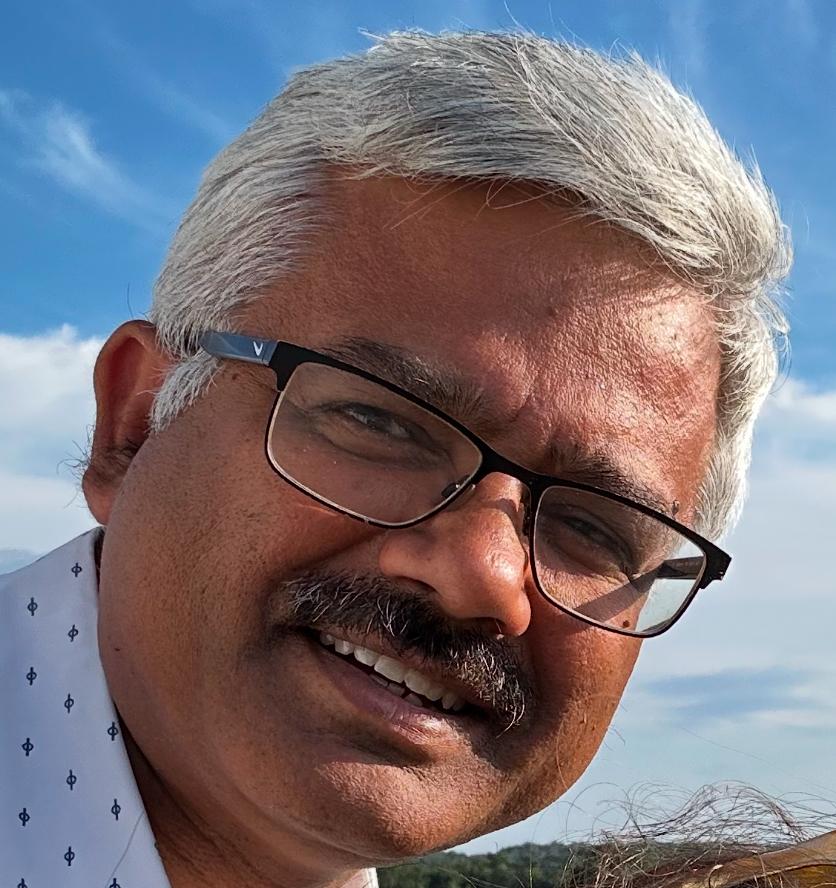 Lalit K Jha (5WH)
Lalit K Jha (5WH)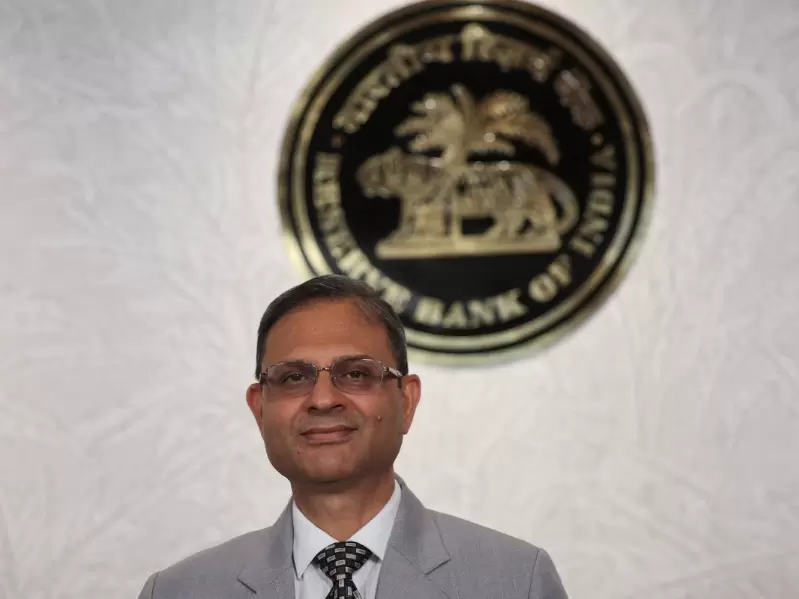
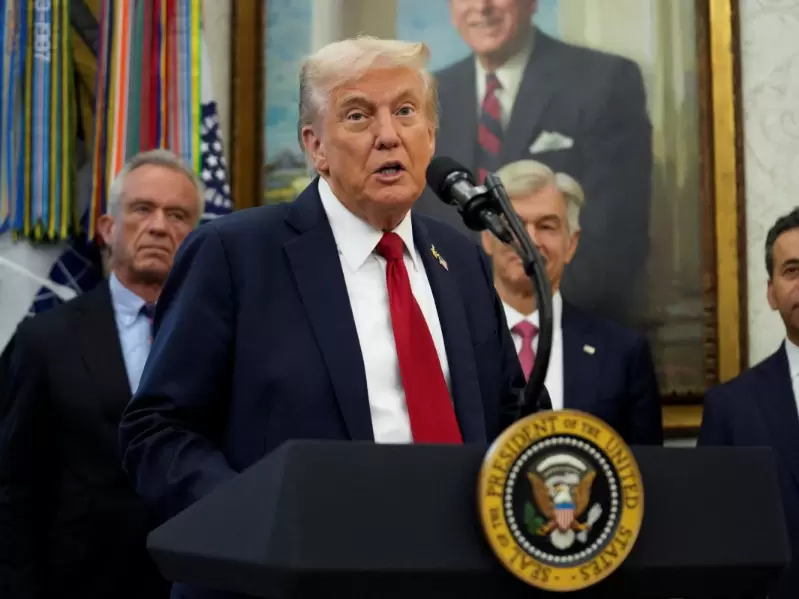
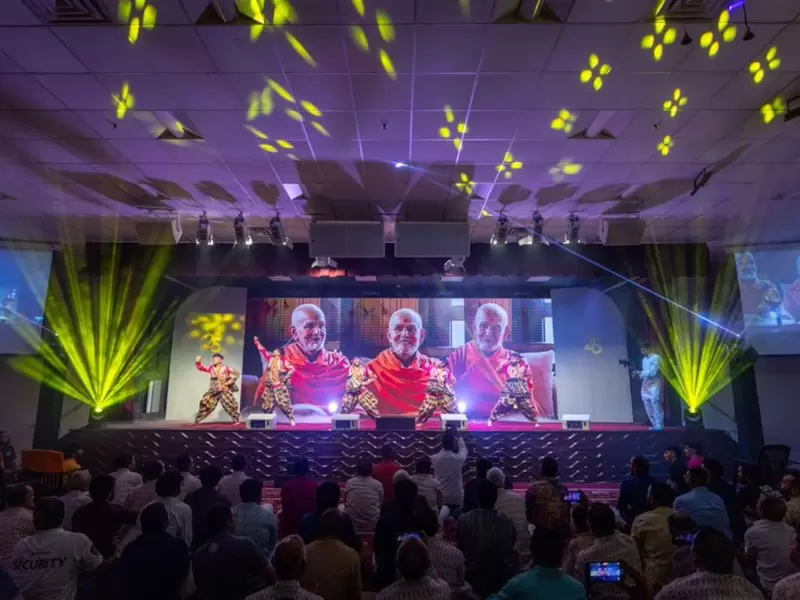
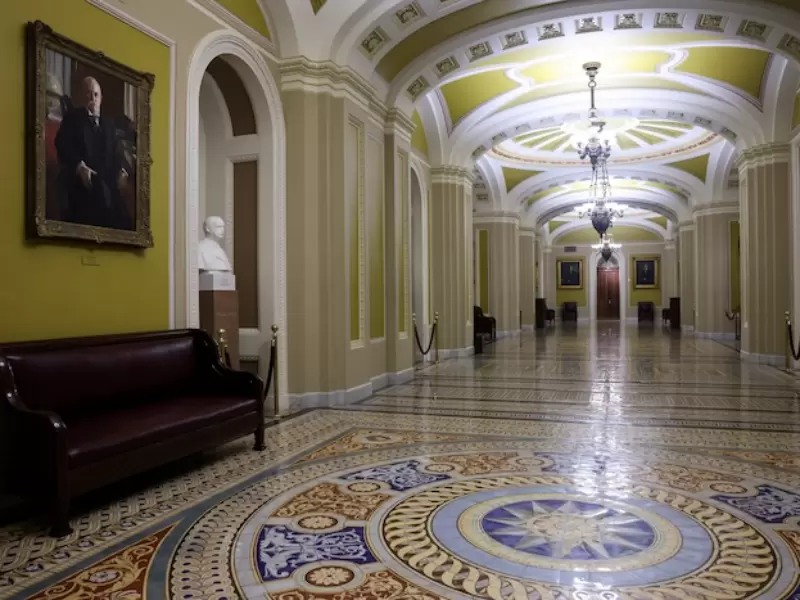


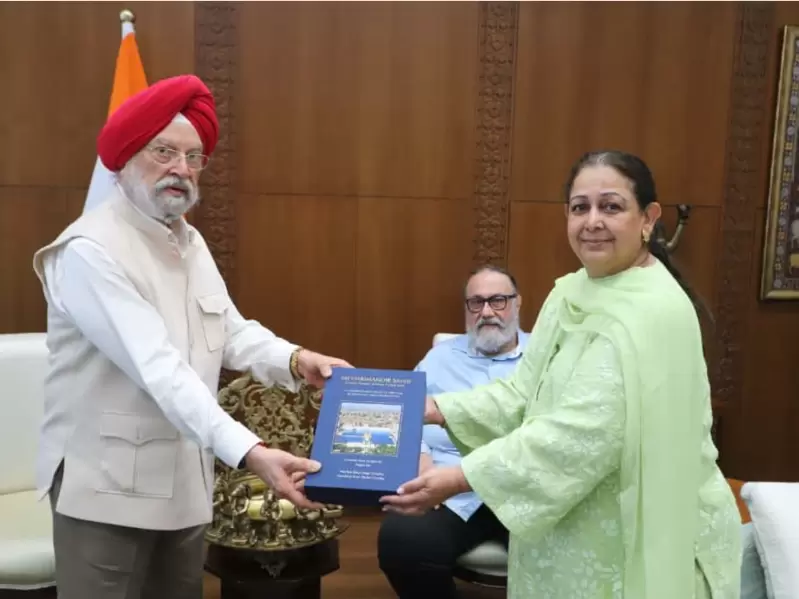
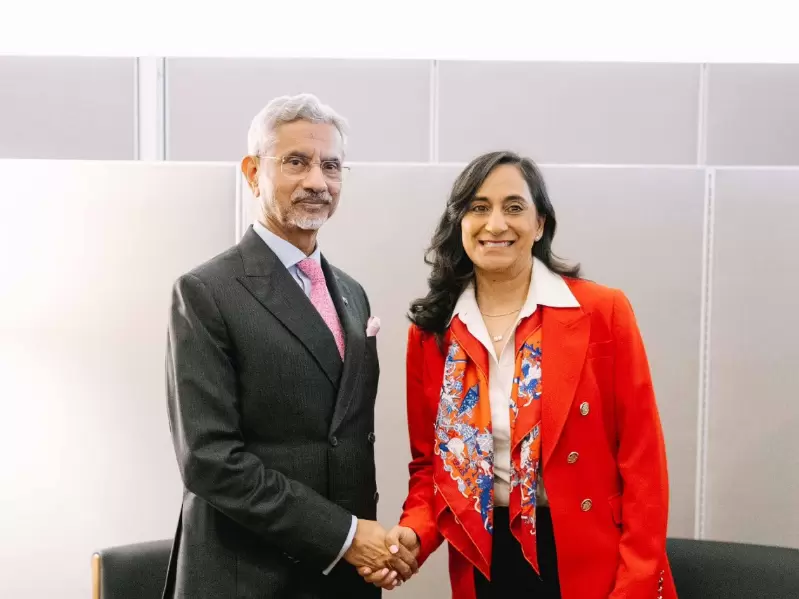
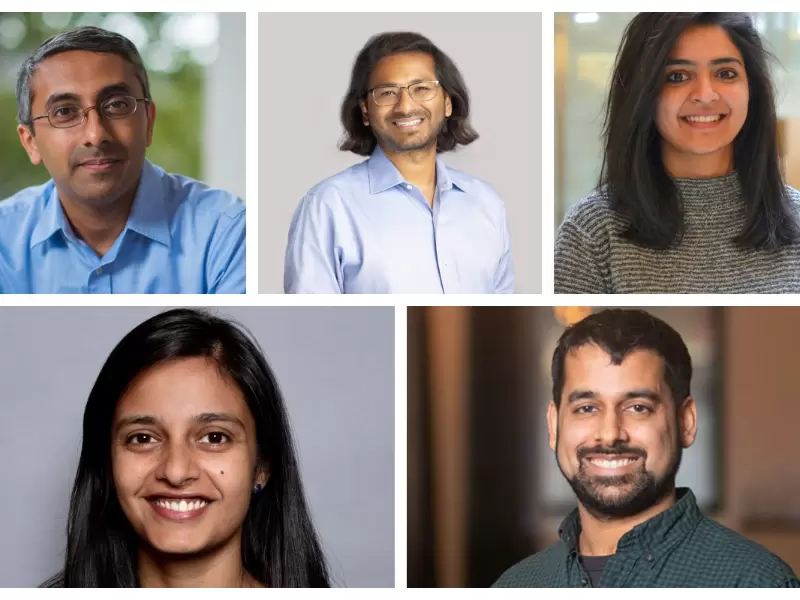
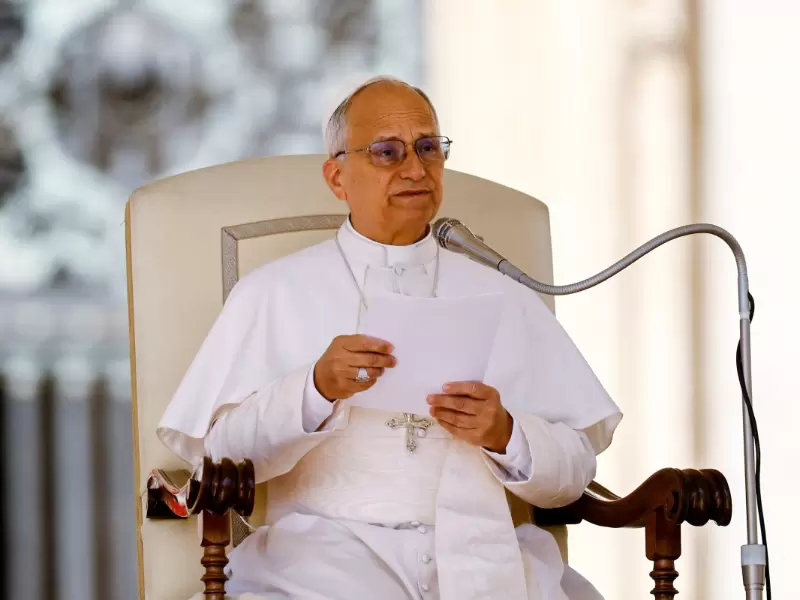
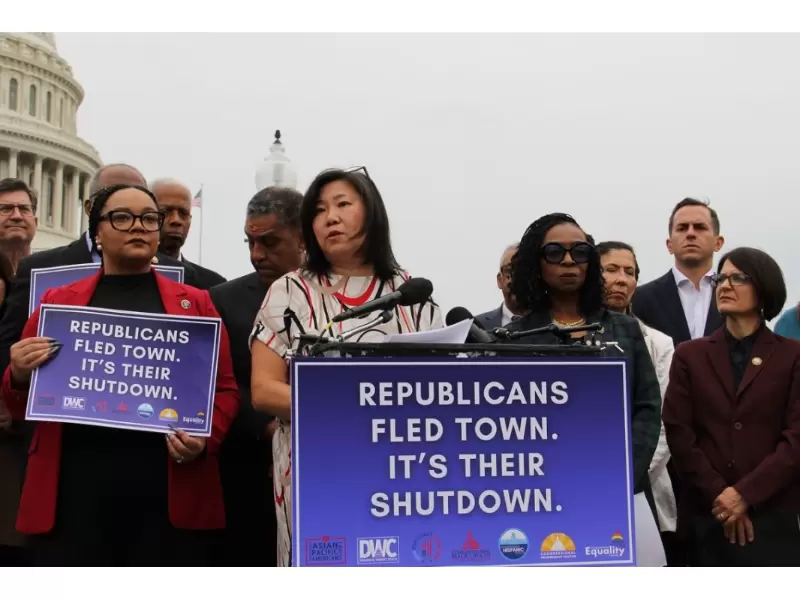
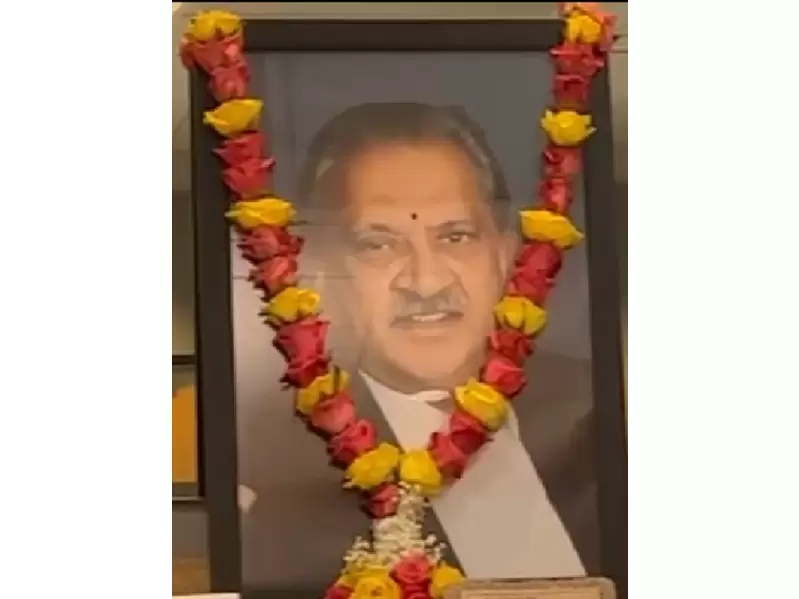





Comments
Start the conversation
Become a member of New India Abroad to start commenting.
Sign Up Now
Already have an account? Login